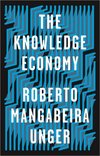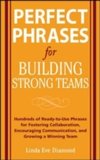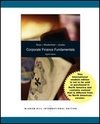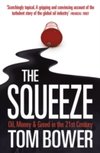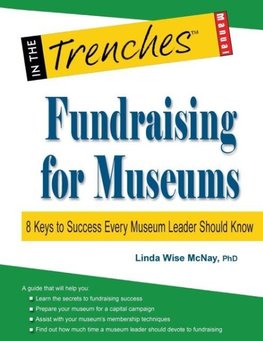
-
 Anglický jazyk
Anglický jazyk
Fundraising for Museums
Autor: Linda Wise McNay
Being a head of a museum is both challenging and rewarding work. Museum leaders and those who aspire to the role are expected to engage donors and members, and raise money effectively; yet, most have received little or no training or support in advancement.... Viac o knihe
Na objednávku
37.98 €
bežná cena: 42.20 €
O knihe
Being a head of a museum is both challenging and rewarding work. Museum leaders and those who aspire to the role are expected to engage donors and members, and raise money effectively; yet, most have received little or no training or support in advancement. In Fundraising for Museums: 8 Keys to Success Every Museum Leader Should Know, veteran fundraising consultant Linda Wise McNay demystifies fundraising for museum leaders.
This innovative book will guide museum leaders on:
How museum leaders should manage their time in every stage of their fundraising and stewardship efforts
The importance of board leadership
The critical relationship between the Museum Leader and, if there is one, the chief development officer
Detailed instruction on "how to ask"
McNay offers lessons that she routinely shares with her arts and cultural clients. Some museums do not have a chief development officer or experienced advancement staff. She shares detailed explanations of which fundraising tasks are the most important and which should be undertaken first by museum leadership. She explains annual giving, major giving, capital campaigns, and the museum's endowment.
This book is organized into eight chapters:
Chapter One: Three Secrets to Successful Fundraising. Museums cannot be supported by tuition alone. Therefore, the museum leader needs to devote significant time and attention to fundraising. A museum leader must be able to present the case for support and lead the board and staff in a team effort to ask for funds, all while following a coordinated plan of action.
Chapter Two: Fundraising Methods by Rate of Return. A museum fundraising plan should include scheduled direct mail, telephone, event, sponsorship, email, and personal solicitations. Effectiveness of all solicitations is enhanced with an accurate database and appropriate stewardship.
Chapter Three: The Big Ask. The museum leader needs to be able to talk about money-a lot. The greatest reason people give money is because they are asked in person!
Chapter Four: Forge a Lasting Partnership with the Chief Development Officer. Development is the process of building long-term, positive, and mutually beneficial relationships between donors and the cultural institution. This is best achieved by the combined efforts of the museum leader and the development staff member(s) and volunteers. It is definitely not a one-person job.
Chapter Five: A Primary Responsibility of the Board Is to Raise Money. One hundred percent of board members should participate in fundraising both as donors and in soliciting others to all campaigns at your museum.
Chapter Six: Operational Funds Have Less Donor Appeal, but They Are Essential. Most museums begin their fundraising efforts with the annual fund or membership. You must create a case for annual operating needs and train your volunteers on the importance of unrestricted giving.
Chapter Seven: Capital Campaigns Occur Every Three to Five Years, so Prepare Yourself. Everyone is an annual fund prospect. Some donors are also capital gift prospects. The top 10 donors are critical to your campaign success.
Chapter Eight: Endowment Building for the Future. The best way to build an endowment for your museum is to initiate a planned giving program.
- Vydavateľstvo: CharityChannel Press
- Rok vydania: 2015
- Formát: Paperback
- Rozmer: 280 x 216 mm
- Jazyk: Anglický jazyk
- ISBN: 9781938077760
